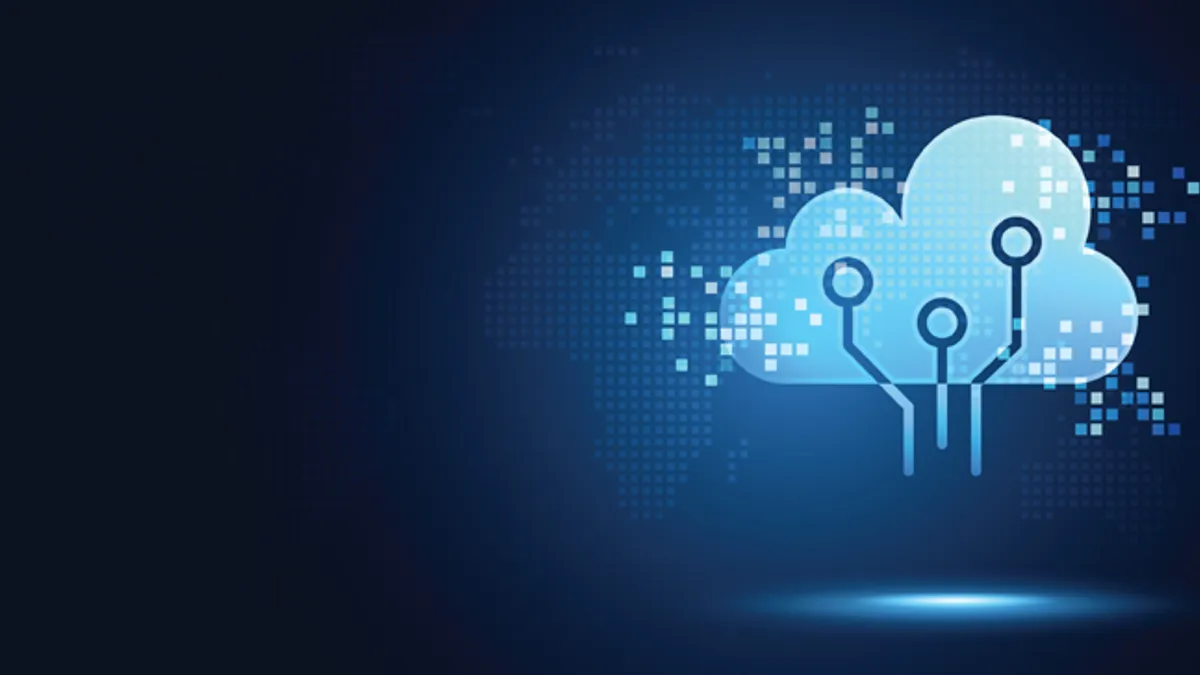Edge computing will transform how retail manages the exponential explosion of structured and unstructured data from the proliferation of retail Internet of Things (IoT) and mobile device capabilities. Big data is most valuable when extracted and analyzed in a timely manner to identify the next best action to take. Many retail workloads and use cases depend on real-time or frequent access to data. Consider for example, personalized customer engagement, efficient omnichannel inventory and order management (pick, pack, and ship from store stock), store traffic insights and queue management, and increasingly automated processes for checkout and fraud/loss prevention. Retailers need to use edge to improve data access speed and performance, as well as to minimize the need to transmit data that does not require external process management (like payments approval) or have external access or storage requirements (like enterprise commerce systems or transaction logs) Cloud, network, and application performance must be optimized to ensure customer satisfaction. Data security is imperative in retail. Retail organizations face steep financial penalties, remediation costs, and brand damage due to data breaches. Moving data processing to edge data centers closer to where data is generated optimizes network data traffic, thus increasing data transmission efficiency while reducing the size of the attack surface, which improves security
Lumen has partnered with IDC to put together an invaluable infobrief that combines market trends and insights with technology analysis:
Some key findings include:
- Advantages of edge computing include increased bandwidth, immediate access to data through latency improvements, reduced costs associated with transmission and storage infrastructure, and improved security.
- Cloud computing and edge computing are complementary architectures.
- Edge computing architectures are highly dependent on business objectives. Personalized customer engagement, efficient omnichannel inventory and order management (pick, pack, and ship from store stock), store traffic insight and queue management, and customer self-service are enhanced with edge computing.











